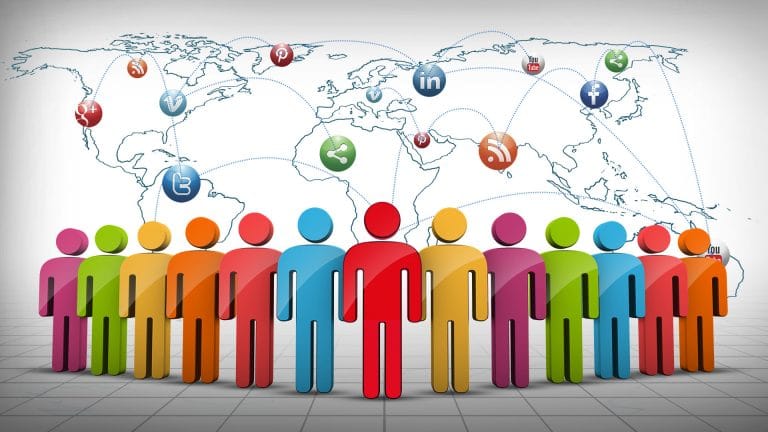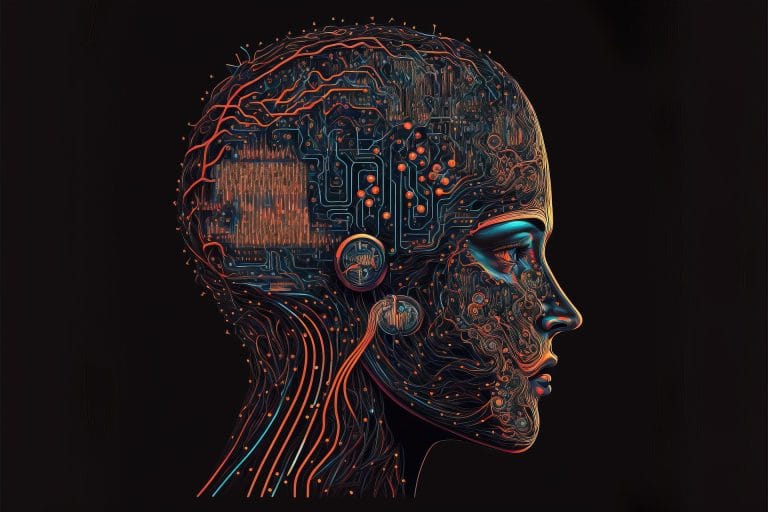
Understanding the Psychology of Stampede: Insights from the National Academy of Behavioral Science
The National Academy of Behavioral Science stresses understanding the psychology of stampedes, including crowd mentality, panic, environmental factors, communication issues, and pre-existing mental states, to prevent these incidents. The Academy urges for spaces that prioritize safety, education on crowd behavior, effective communication plans, mental health support, and real-time crowd monitoring technology. They cite the CUSAT Kochi tragedy as an example stressing urgency to implement these measures.









